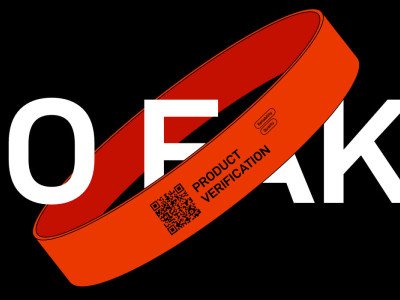The U.S. Food and Drug Administration (FDA) has been dragging its heels in apportioning blame as people began falling ill. It was joined by the US Surgeon General, the Centres for Disease Control and numerous petty politicians in talking about this event being “vape-related” – like referring to a heroin overdose as syringe-related.
All of the initial indications were that this was linked to tetrahydrocannabinol (THC) products, despite some victims and their parents failing to tell the truth. The research now links the lung problems to an oil derived from vitamin E.
Vitamin E is found naturally in some foods like olive oil and almonds, added to others, and available as a dietary supplement. “Vitamin E” is the collective name for a group of fat-soluble compounds with distinctive antioxidant properties.
It is not known to cause problems when ingested or applied to the skin, but officials say its “oil-like properties could be associated with the kinds of respiratory symptoms that many patients have reported: cough, shortness of breath and chest pain.”
Finally, the FDA has edged closer to giving a comprehensive warning on the subject by stating: “Consumers can help protect themselves by avoiding tetrahydrocannabinol-containing vaping products.”
Although it claims that identifying “information about the products used, where they were obtained and what substances they contain is ongoing”, the fact that it has eventually indicated the problem lies with THC products and not normal eLiquids is a step forward.
“Many of the samples tested by the states or by the FDA as part of this ongoing investigation have been identified as vaping products containing tetrahydrocannabinol (or THC, a psychoactive component of the marijuana plant) and further, most of those samples with THC tested also contained significant amounts of Vitamin E acetate. Vitamin E acetate is a substance present in topical consumer products or dietary supplements, but data are limited about its effects after inhalation.”
Importantly, it goes on to add: “At least one of the associated deaths that has been publicly disclosed Disclaimer appears to have been related to illicit THC vaping products. In many cases of illness reported by the states, patients have acknowledged recent use of THC-containing vaping products while speaking to healthcare personnel, or in follow-up interviews by health department staff.”
“We encourage consumers to help protect themselves and avoid buying vaping products of any kind on the street, and to refrain from using THC oil or modifying/adding any substances to products purchased in stores.”
Regarding a number of recent statements, tobacco harm researcher Dr Konstantinos Farsalinos said: “It would not be a hyperbole to characterise the reactions, announcements and statements of some authorities, regulators and scientists as hysterical. There is no doubt that they are emotional, inaccurate and without any scientific and epidemiological basis.”
“Until this summer, there were no reports of any outbreaks of disease (in the respiratory system or elsewhere), in any age group, in any part of the world. Suddenly, within a short period of time (few weeks), in a specific geographic region (e-cigarettes are available worldwide, not only in the US) and in a specific age group (adolescents or young adults) there are cases of severe, acute respiratory dysfunction that has resulted in 2 deaths and several hospitalizations. What does this tell us from an epidemiological perspective (again, without considering any information about cannabis/THC use)?”
Farsalinos states that this clearly indicates:
- That these cases are not related to long-term use of e-cigarettes
- That these cases are not related to vaping products that have been available for years in the US and global market
- That these cases are not related to products that are generally used by the average vaper
- That these cases are related to the recent release of new products (that were not previously available in the market), or to a recent modification in the composition of products previously available in the market, or to a recent problem in the manufacturing process or raw materials of products that were previously available in the market
Related:
- The emotional and irrational hysteria in the US about the “vaping-related” lung disease that goes far beyond confirmation bias, Farsalinos – [link]
- Vaping Illnesses, the FDA – [link]
Dave Cross
Journalist at POTVDave is a freelance writer; with articles on music, motorbikes, football, pop-science, vaping and tobacco harm reduction in Sounds, Melody Maker, UBG, AWoL, Bike, When Saturday Comes, Vape News Magazine, and syndicated across the Johnston Press group. He was published in an anthology of “Greatest Football Writing”, but still believes this was a mistake. Dave contributes sketches to comedy shows and used to co-host a radio sketch show. He’s worked with numerous start-ups to develop content for their websites.
Join the discussion
Harm Reduction For The Rich
The United Kingdom risks becoming a harm reduction country only for the wealthy, according to Michael Landl of the World Vapers’ Alliance
CAPHRA Highlights Tobacco Control Flaws
The Coalition of Asia Pacific Tobacco Harm Reduction Advocates highlights the flaws in tobacco control which has led to the rise of black market in Australia
A Missed Opportunity at COP10
The Smoke Free Sweden movement says that COP10 was a missed opportunity to save millions of lives
COP10: Promote Tobacco Harm Reduction
Experts with Smoke Free Sweden are emphasising the urgent need for a Tobacco Harm Reduction approach at COP10








-listing400.jpg)


